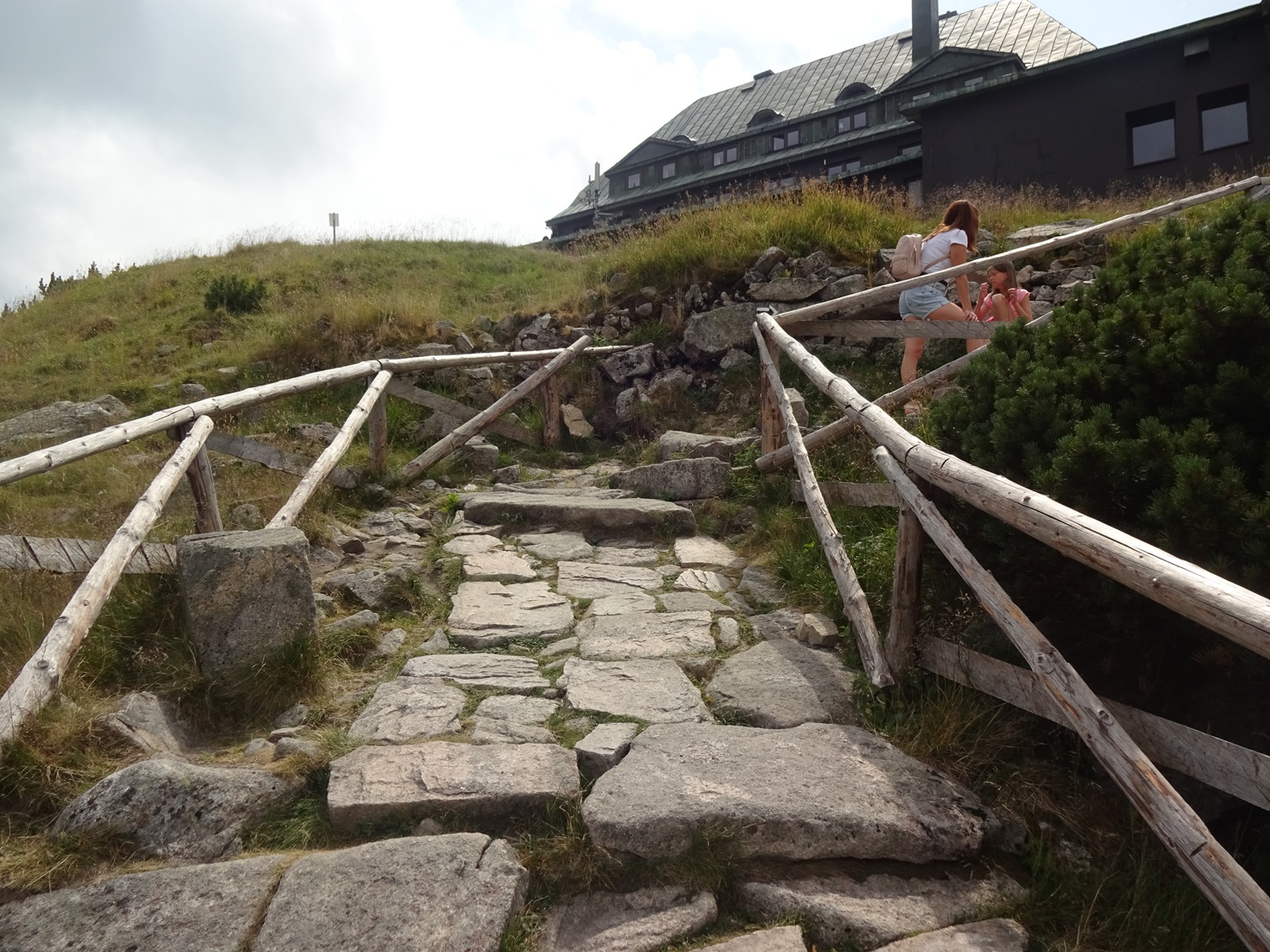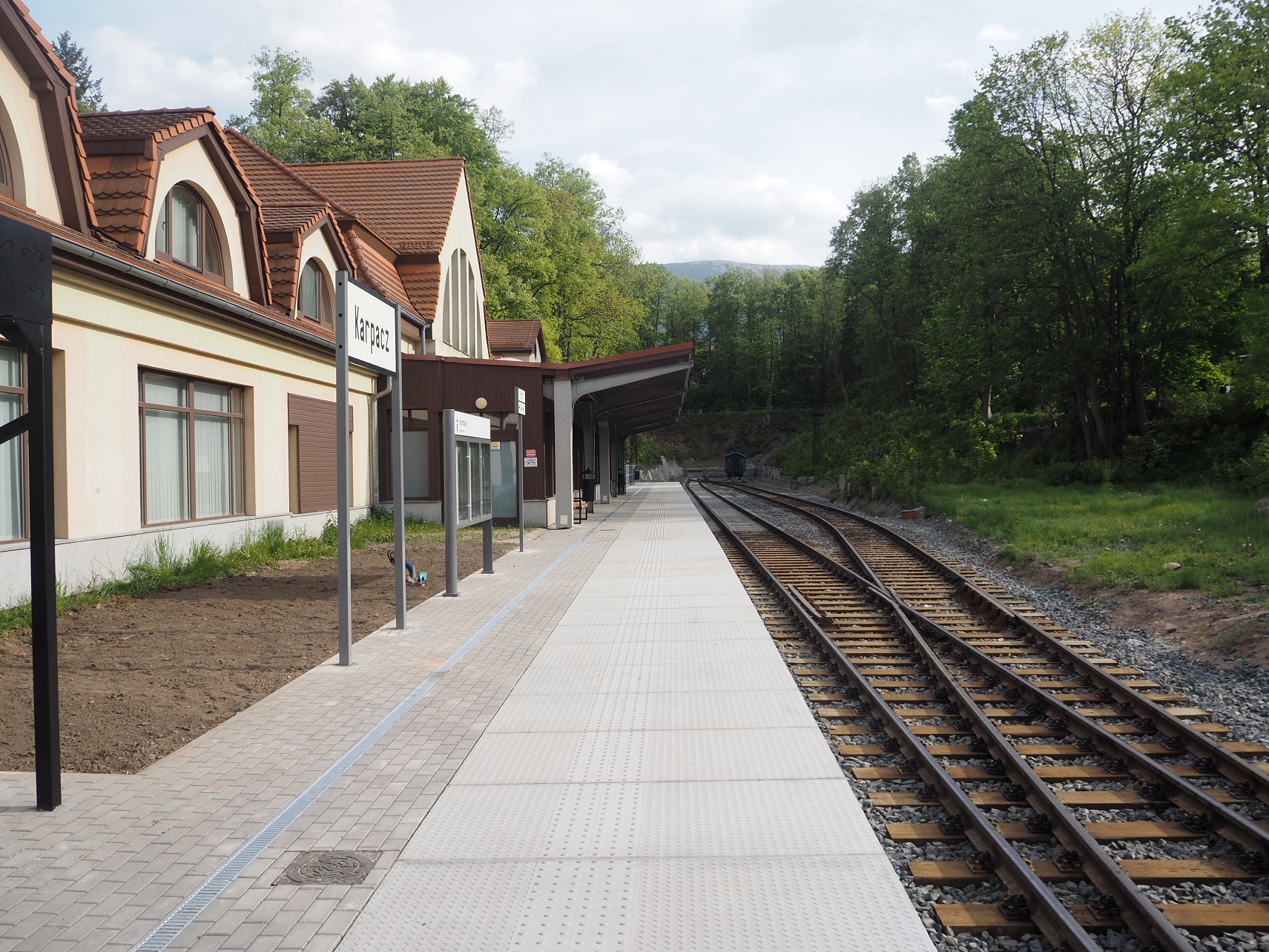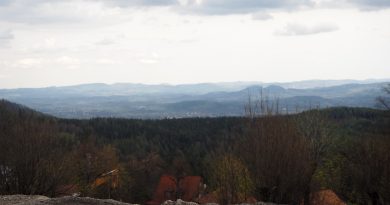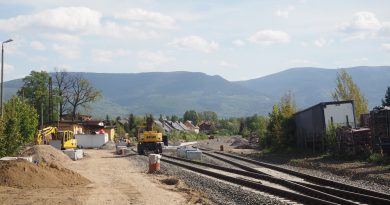Climate Watchdog for Lower Silesia: Through the Proteus Program, We’re Investigating Climate, Transport, and Energy Issues in Municipalities
The Bender Society is conducting the project “Climate Watchdog for Peripheries.” The initiative is financially supported by the PROTEUS program, conducted by the Transatlantic Foundation, the European arm of the German Marshall Fund of the United States.


The project is co-financed by the European Union. However, the views and opinions expressed are solely those of the authors and do not necessarily reflect the views of the European Union or the European Education and Culture Executive Agency. Neither the EU nor the granting authority can be held responsible for them.
Eight municipalities (with populations up to 20,000) were selected:
-
Jedlina-Zdrój
-
Kamieniec Ząbkowicki
-
Karpacz
-
Malczyce
-
Mirsk
-
Szklarska Poręba
-
Świeradów-Zdrój
-
Walim
These municipalities, located in various parts of Lower Silesia (across seven different counties), include some in mountainous areas with unique and comparable characteristics.
“The selection of spa towns and municipalities within national parks or other protected natural areas is due to their distinct character within Lower Silesia. Despite their peripheral location, they should be pioneers in climate action,” says Magdalena Witkowicz from the Bender Society.
See also: Climate Watchdogs Score a Win on the Periphery! Świeradów-Zdrój to Develop Environmental Plan
Climate Watchdog for Lower Silesia
The goal of the project is to influence local policies in eight small peripheral municipalities of Lower Silesia to support sustainable development and consider climate change.
“We’re planning watchdog activities focused on how local governments approach green transformation. We will prepare reports with specific proposals and submit recommendations to local authorities. We also plan a public awareness campaign and advocacy at the national level. Collaboration with other NGOs and the strengthening of civic media will be key,” adds Witkowicz.
“We aim to investigate what’s happening in these municipalities, but also to help them implement climate transformation—whether in energy or transport, which is especially neglected,” says Witkowicz.
Climate change is the most serious challenge of our time, requiring significant changes in many aspects of local life. The European Union is rolling out programs like the European Green Deal, REPowerEU, and Fit for 55, all focused on steering the economy toward a green transition.
The Need for Local Engagement
Cross-sector networks of administration, business, and civil society are essential. Public authorities should lead, but in practice, non-governmental organizations (NGOs) often fill this role.
Citizens often feel that decisions are made above their heads, without transparency. Although trust in local governments in Poland is higher than in the central government, a 2020–2022 survey by the Public Opinion Research Center (CBOS) shows a drop from 74% to 63%.

Engagement is especially low in small towns and rural areas. Rural engagement is just 48.6% of the level in cities over 500,000, while towns under 20,000 show 78% of that level.
Climate NGOs in the Periphery
There is also a shortage of environmental organizations in peripheral areas of Lower Silesia. According to our research, municipalities like Podgórzyn and Stronie Śląskie have no organizations actively working in this field.
We aim to foster collaboration among NGOs at all levels and harness their intellectual potential to solve specific environmental issues in local communities.
The Climate in Small Municipalities
Our previous project, “Climate for Lower Silesia,” reached many municipalities and engaged citizens in tackling issues like trees and public transport. However, many municipalities were not included, and none underwent an in-depth evaluation process.
Witkowicz notes: “Unfortunately, meaningful discussion is rare and usually only happens when EU funds are at stake. We’d like to make these debates more open and participatory.”
Discussion about changes in local governments still largely occurs in major cities. Peripheral municipalities often lack climate adaptation plans (e.g., Karpacz, Lądek-Zdrój), or the will to cooperate (e.g., Dzierżoniów refused to create a climate plan, Milicz rejected our proposal for a greening plan).
There are also no clear transformation plans in specific sectors. For example, in 2022, our study in Kłodzko County found that 30% of towns suffer from transport exclusion.
See also: Train Returns to Karpacz in a Month. Climate Watchdogs: Just the Beginning of Sustainable Mobility
Recommendations for Local Governments
The first stage will involve analysing documents and situations in each municipality. Based on this, we’ll send formal information requests using Article 61 of the Polish Constitution (similar to Article 42 of the EU Charter of Fundamental Rights). We’ll ask about plans, strategies, and current conditions related to climate adaptation and greenhouse gas emissions reduction.
We will visit each municipality and engage with residents and local NGOs (if they exist), identifying local problems. We aim to gather feedback from residents and business owners in the eight municipalities, seeking at least 1,000 survey responses.

Our goal is to help municipalities improve their climate response, but if they fail to act, we will publicly assess and pressure them to do more.
European funding often provides the impulse for change, for example, in sewage treatment or local action groups. Our experience shows that this external push can mobilise residents, ultimately making ongoing outside help unnecessary.
Eight reports will be compiled, publicly shared, and submitted to the municipalities.
Using Article 63 of the Polish Constitution, we will submit formal motions to municipal councils calling for climate plan resolutions—grounded in local situation analyses and key issues. Each will include legal and environmental analysis, referencing the EU Charter of Fundamental Rights. Councils will review these motions in public sessions, which we will publicize.
Strengthening Independent Local Media
The project also addresses the dire state of local media, often dominated by one political group. There is a growing need to strengthen independent, grassroots outlets that are free from government influence, especially in the face of fake news and climate disinformation.
Jeremi Jarosz, editor-in-chief of Hipermiasto portal, emphasizes: “In the age of clickbait, we need accurate reporting, analysis, and real-time information that responds to both government actions and residents’ needs.”
One project goal is to expand Hipermiasto, our independent news portal focused on climate issues, transparency, and democratic engagement, promoting media pluralism and freedom as enshrined in Article 11(2) of the Charter of Fundamental Rights.
We will run a promotional campaign highlighting the importance of climate issues and democratic decision-making. Hipermiasto portal will play the leading role. We will also produce two accessible articles per municipality and additional ones about specific issues. A social media campaign will target Lower Silesia residents, promoting our work. A lasting impact will be the continued strengthening of Hipermiasto as a reliable source of grassroots climate and democracy coverage.
See also: Climate Watchdogs on the Periphery Explain: Why Do We Need Climate Strategies?
Legislative Reform Proposals
Polish legislation is often ill-suited to local need, for example, restrictions on environmental groups’ participation in construction proceedings, or the misallocation of emissions trading revenues to non-climate purposes. Municipalities lack funding and legal tools to act. Infrastructure programs still prioritize roads over bike lanes.
We recognize that institutional change in rural areas is difficult, especially when national laws don’t align with the European Green Deal. Therefore, we plan to compile a report on key legislative barriers to support advocacy for both municipalities and NGOs.
According to Mateusz Kokoszkiewicz, president of the Bender Society and a lawyer: “Administrative law isn’t easy, and parts of it are outdated, like Chapter VIII of the Code of Administrative Procedure, which covers crucial areas like complaints and petitions.”
We will prepare 10 legal reform proposals supporting climate action, each with legal justification. They’ll be submitted to relevant authorities and officially reviewed (e.g., by the Sejm’s Petitions Committee), with updates provided to the public.
Final Debate: Local Governments and NGOs
The project will conclude with a debate between local officials and NGO activists, aiming to set future directions. The event is scheduled for the second quarter of 2025.
“We hope to see activists, officials, and regular residents participating,” emphasizes Magdalena Witkowicz.




